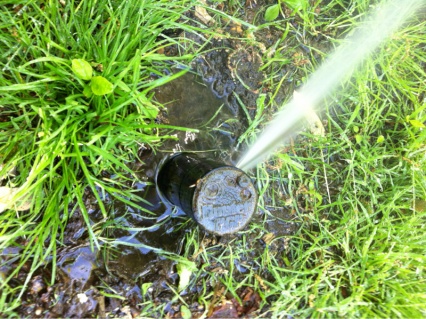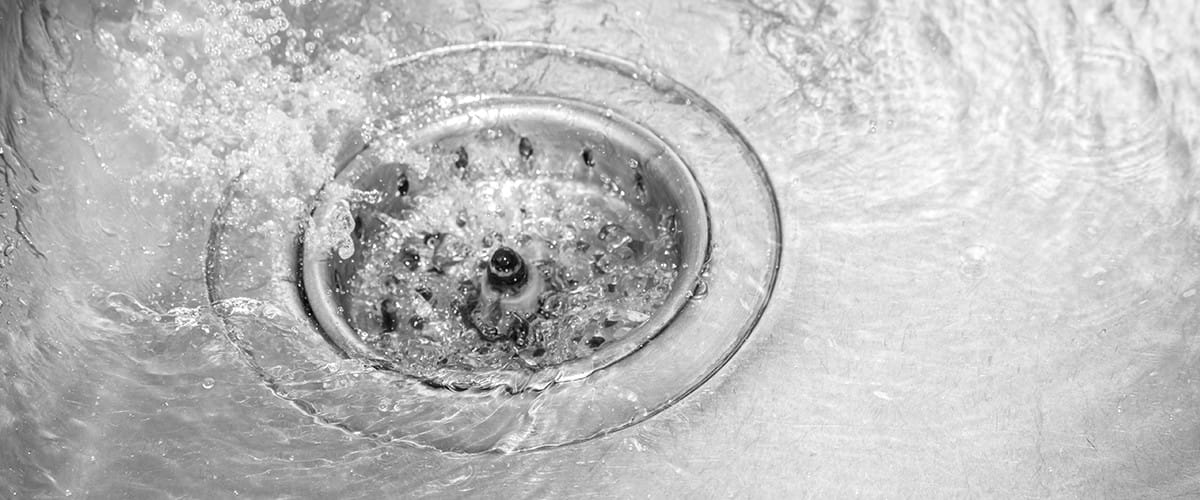Do you find yourself trying to locate guidance about Where to Find Water Leaks?

"Be careful of little costs. A little leak will sink a wonderful ship." - Benjamin Franklin.
He couldn't have actually been a lot more appropriate since water leaks in our residences cause a waste of sources, boosting our water bills. Although this increase might seem minimal in the beginning, it can result in significant expenses that can break your financial institution. In addition to a boost in costs, water leaks additionally cause unwanted organic development, structural damages, and even electric dangers.
Figuring out if you have a water leak isn't always very easy because of being incapable to see most of the pipework in your house. If you have had a rise in your water expenses lately, observed water spots on ceilings and also wall surfaces, smelt lousy smell, etc. You may want to take into consideration asking for plumbing services to get it had a look at.
There are numerous sources of water leakages, and we have put together the typical factors below. Check to see if you have had relevant issues in your house lately.
Blocked drains
Food particles, dirt, and grease can create stopped up drains pipes as well as obstruct the flow of water in and out of your sink. If undealt with, increased stress within the rain gutters can cause an overflow as well as end up splitting or breaking pipelines. To prevent stopped up drains in your home, we recommend you to avoid putting bits down the drain and normal cleansing of sinks.
High water pressure
You noticed your residence water pressure is greater than normal however after that, why should you care? It runs out your control.
It would be best if you cared due to the fact that your typical water pressure must be 60 Psi (per square inch) as well as although your house's plumbing system is designed to hold up against 80 Psi. A boost in water stress can put a pressure on your house pipes and cause cracks, or worse, ruptured pipelines. If you ever observe that your house water pressure is greater than usual, contact a professional concerning controling it.
Corrosion
As your pipework gets older, it gets weaker and much more susceptible to rust after the frequent flow of water via them, which can gnaw at pipelines and also create fractures. A visible sign of rust in your home plumbing system is discoloration and also although this may be difficult to discover due to the majority of pipelines hidden away. We advise doing a constant appointment every few years and also change pipelines once they are old to ensure a sound plumbing system
Compromised pipeline joints
Pipeline joints are the parts of our plumbing system where the pipes attach. It is vital to keep in mind that even though pipelines are developed to withstand stress and last for a while, they weren't created to last forever; consequently, they would wear away over time. A typical indicator of damaged pipeline joints is too much noise from faucets.
Busted seals
Another reason for water leakages in houses is broken seals of house devices that use water, e.g., a dishwashing machine. When such devices are set up, seals are installed around water ports for very easy passage of water via the machine. Therefore, a busted seal can trigger leakage of water when being used.
With little or no knowledge of plumbing, comprehending your home's plumbing system sufficient to take care of some of these problems (without consequence) can be a trouble. Get in touch with plumbing experts in Pittsburgh, Divine Superintendence, Rochester, as well as environ today, and they'll make those issues go away.
He couldn't have actually been a lot more ideal since water leaks in our homes result in a waste of sources, raising our water expenses. If you have had a boost in your water costs lately, discovered water discolorations on walls as well as ceilings, smelt poor smell, etc. A rise in water stress can put a pressure on your house pipes and lead to fractures, or worse, ruptured pipelines. Another cause of water leakages in houses is damaged seals of residence appliances that make use of water, e.g., a dishwashing machine. When such home appliances are mounted, seals are installed around water ports for simple flow of water via the machine.
5 TIPS IN DETECTING A WATER LEAK IN YOUR HOUSE
Water leaks can be hard to find in your home, yet they can be so common. We rely on water every day in our home, which is why a leak can cause big problems. By detecting them early, you can save money and further damage, getting the problem fixed as soon as possible. Here are 5 tips to help you detect a water leak in your home, so you can contact a plumber straight away and get the issue sorted.
Check your water meter
Many people underestimate the value of the water meter in their home. It can be one of the best ways to tell if you have a leak early on, so you can get on top of it before issues start arising. Start by turning off all the water in your home: taps, washing machine, dishwasher, etc. Now take a look at the meter – if it’s still changing with everything turned off, it’s likely you have a fast-flowing leak that you need to get on top of straight away. If nothing changes, then leave your meter for an hour or two and come back to it. Did it change in this time? It’s likely you have a slower leak, which isn’t as urgent but still handy to get fixed so it doesn’t become a bigger problem.
Keep an eye on your bill
Another good way to detect a leak in your home is by keeping an eye on your water bill. It helps if you have a past bill from the same period of time. You can compare like for like and determine whether your water usage has increased significantly. If it has, there may be a leak in your system that you haven’t picked up before. A professional plumber can check through all of your pipes and determine where it is coming from.
Look for damage
If you have a leak inside your home, you will notice damage over time. Take a look at your showers and bathtubs and note whether any of the tiles surrounding the area seem to be discoloured or damaged in any way. There may be water stains, mould or peeling material that has resulted from a build up of moisture over time. Make sure you take a look under sinks at the back of cupboards that don’t get accessed regularly. This is where damage can go unnoticed and build up over periods of time.

I found that page on How to Find and Prevent Water Leaks in Your Home while surfing the web. Kindly take the opportunity to distribute this blog posting if you enjoyed reading it. I treasure reading our article about How to Find and Prevent Water Leaks in Your Home.
Guaranteed fix? Call.